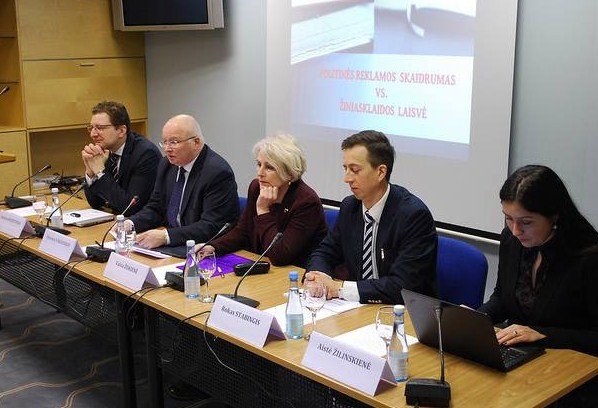The Central Election Commission (CEC) of Georgia has issued a statement regarding the recommendations made by the National Democratic Institute (NDI) for the upcoming parliamentary elections on October 26, 2024. The CEC said it is actively working to ensure the professionalism and adherence to international standards of the election process, especially in relation to the use of electronic technologies.
CEC Welcomes NDI Report
The NDI has completed its first pre-election observation mission for the October 26 elections and published a report with several recommendations for the CEC and other stakeholders. The CEC welcomed the report and said it appreciates the positive assessment of its technical expertise and competence.
According to the report, “The CEC is a highly professional and competent election management body that has, in past elections, demonstrated its technical expertise to conduct election day processes in a generally orderly fashion and in accordance with Georgian law”.
The report also praised the CEC for its efforts to increase transparency, accountability, and public trust in the election administration, as well as its cooperation with civil society and international organizations.

CEC Addresses Recommendations on Vote Secrecy and Technology Testing
The report also included some recommendations for the CEC to improve the election process and address some of the challenges and concerns raised by various stakeholders. The CEC said it is taking these recommendations into consideration and provided information on how it is implementing them.
One of the recommendations was to redouble its efforts to address any unsubstantiated rumors about the secrecy of the vote and work with all political parties and civil society to assure the public, including marginalized communities, that their vote is their secret through substantial voter education efforts.
The CEC said it considers preserving the confidentiality of the voting process as paramount and has developed a specific frame form and guidelines for inserting the ballot paper into the vote-counting machine to ensure vote secrecy. It also said it is conducting an intensive information campaign to inform voters about the operation and benefits of electronic technologies and to dispel any myths or doubts about them.
Another recommendation was to consider, as has been the case in other countries, conducting a nationwide test of new technologies that mirrors conditions of election day to further enhance public confidence.
The CEC said it started introducing electronic technologies in the election process in 2018 and has conducted eight (by/extraordinary) elections in pilot mode using electronic technologies since then. It also said it initiated a comprehensive information campaign almost a year and a half before the October 26 elections, drawing upon the best international practices. As part of this campaign, voters have the opportunity to personally acquaint themselves with the operation of electronic voting machines and engage in mock elections. In 2023, over 1,700 informational meetings were conducted nationwide, reaching approximately 150,000 voters.
CEC Reaffirms Commitment to Free and Fair Elections
The CEC said it is grateful to the NDI for its constructive and professional cooperation and for its valuable recommendations. It also said it is ready to continue the dialogue and exchange of views with the NDI and other international and domestic observers and partners.
The CEC reaffirmed its commitment to ensuring the free, fair, and transparent conduct of the parliamentary elections and to fulfilling its responsibilities with the highest standards of professionalism and integrity.
